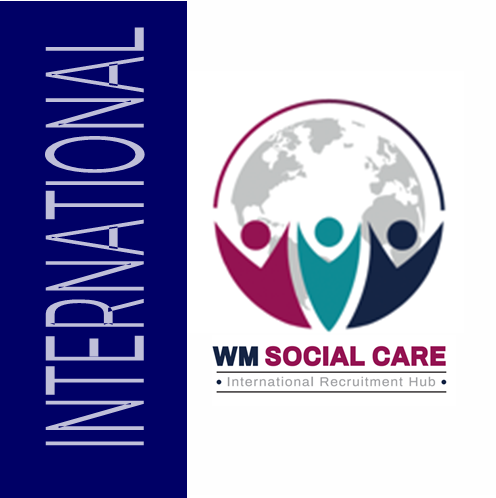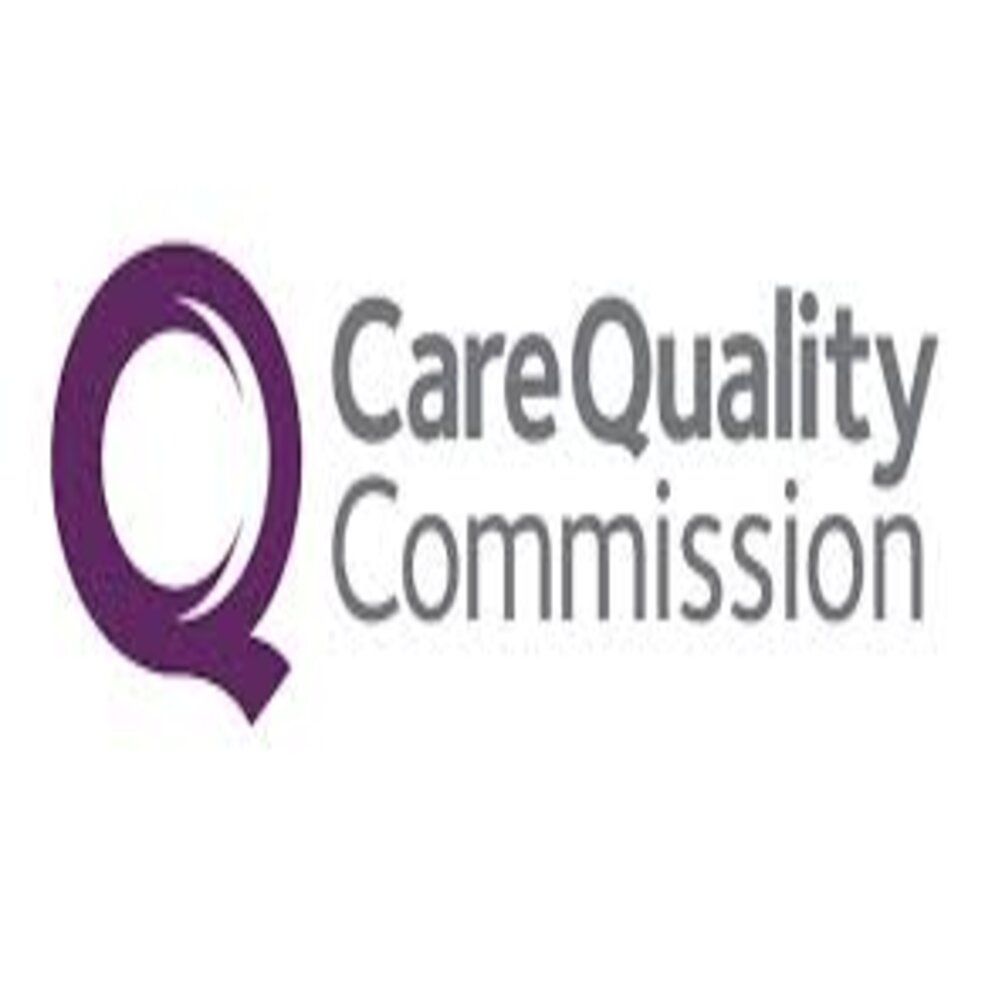FREE DBS for International Recruits
We are pleased to announce that the Care Association has been successful in a funding bid from the DHSC International Recruitment Fund that will allow us to offer free DBS for any of your new international recruits.
Starting from the 1st November 2023 any new DBS searches for international recruits that you put on our DBS system that meet the criteria will be free of charge
How will this work?
We will identify eligible DBS applications from the address history. If the person has arrived within the UK within the last six months the DBS will be eligible and free of charge. If the DBS is eligible, we will make a note on the application that is its paid from the International Recruitment Fund and you will not receive an invoice for the search. We will countersign the application the same day regardless of whether you would normally pay on account or by direct debit.
What do I need to do?
If you are an existing WMCA DBS user, nothing, all administration will be carried out by the Care Association. Just enter your DBS searches as normal.
If you are not using our system and wish to take advantage of this offer, you will need to register to use our system. We only accept applications from CQC registerred care providers.You can do so by clicking on the more information button on this page. There is no charge for joining our DBS service. Charges for our non international recruitment DBSs are displayed on our main DBS page
How long will the scheme last for?
The scheme will be withdrawn once our funding allocation is spent, or we reach the 31 March 2024 (which ever comes sooner)
Can I retrospectively claim for international recruits who I have recently employed?
No, it only covers new DBS searches entered onto our DBS system on or after the 1 November 2023
Does this cover the whole country?
No, only care providers registered within the West Midlands Region (County of the West Midlands, Herefordshire, Shropshire, Staffordshire, Warwickshire, Worcestershire)
Do I have to be a member of WMCA?
No this scheme is open to all CQC registered care providers in the West Midlands region (see note above). If you a member of WMCA and use our DBS system you will benefit from discounted non international recruitment DSB prices (see prices on this page). Any non members who use the system for non eligible DBS searches will be charged at our non member rates (see prices on this page)






















